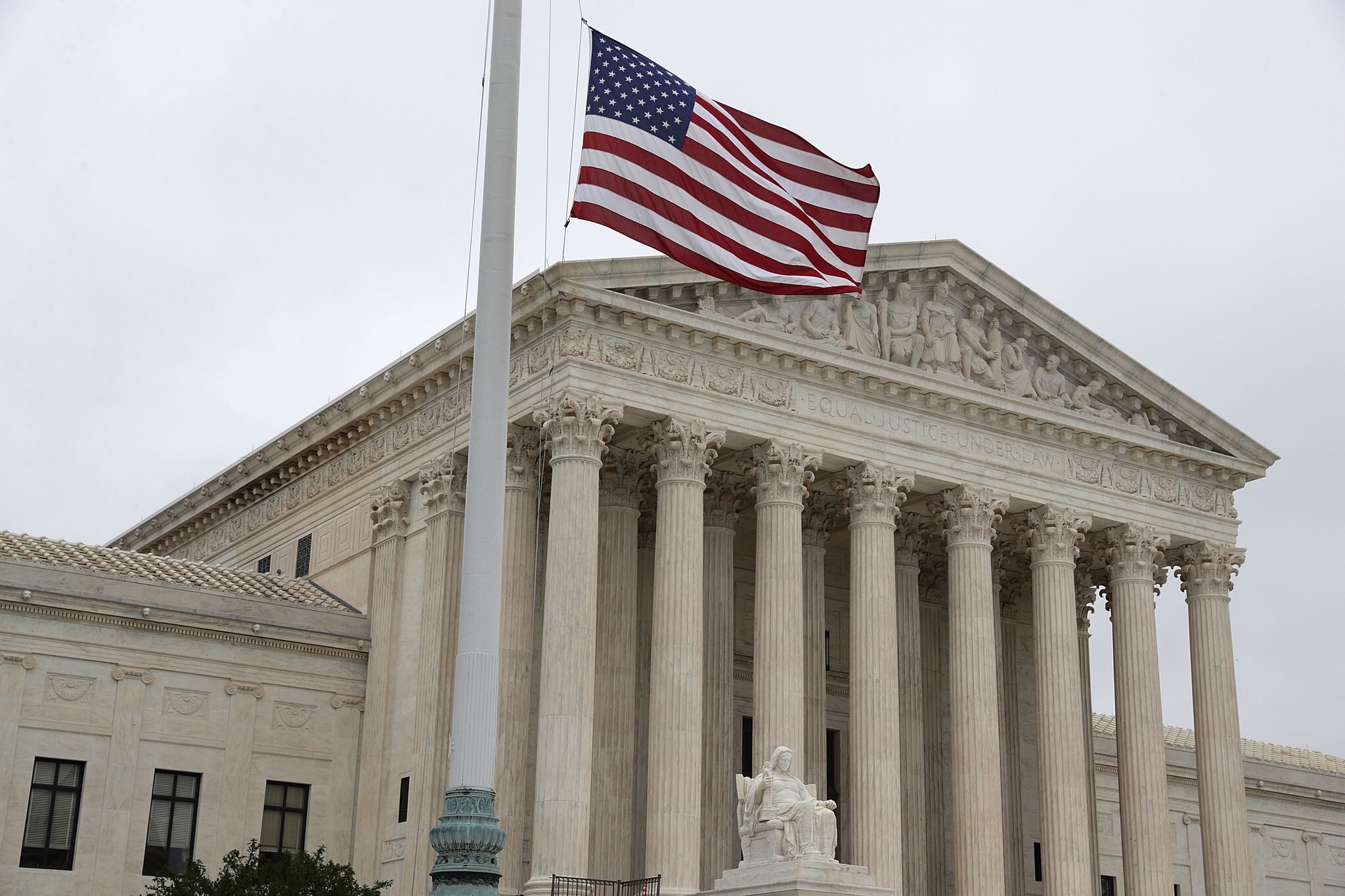The United Stated Supreme Court has agreed to hear the state of South Dakota’s argument regarding a 26-year-old tax-related ruling and have it overturned. According to a report from Bloomberg, this could allow state and local governments to collection billions in internet sales tax.
In 1992, the ruling from Quill v. North Dakota, centered around on a mail-order business and inadvertently set a far-reaching precedent for e-commerce companies by only allowing states to collect sales tax from businesses with a “physical presence” in a given state. Because of this loophole, companies like Amazon have taken well advantage of saving billions in taxes in the United States.
Critics of the 1992 ruling have long said that the clause makes no sense in the age of Amazon and internet e-commerce, and that it’s a big disadvantage for brick-and-mortar retailers, as well as state and local governments.
Two years ago, South Dakota passed a law with the intention of overturning the ruling by demanding retailers with more than $100,000 in annual sales pay a 4.5 percent tax on all sales made. The state government then filed a lawsuit to have the case heard by higher courts, in an effort to get the Quill v. North Dakota ruling overturned. “States’ inability to effectively collect sales tax from internet sellers imposes crushing harm on state treasuries and brick-and-mortar retailers alike,” South Dakota argued in its appeal to the Supreme Court.
The Supreme Court this week has agreed to hear the case. The decision from US Supreme Court isn’t expected to come down for some time, and could have far-reaching implications on online businesses. Companies like Wayfair and Newegg have expressed opposition to having the ruling overturned because it would increase prices and remove an advantage over physical retailers.





